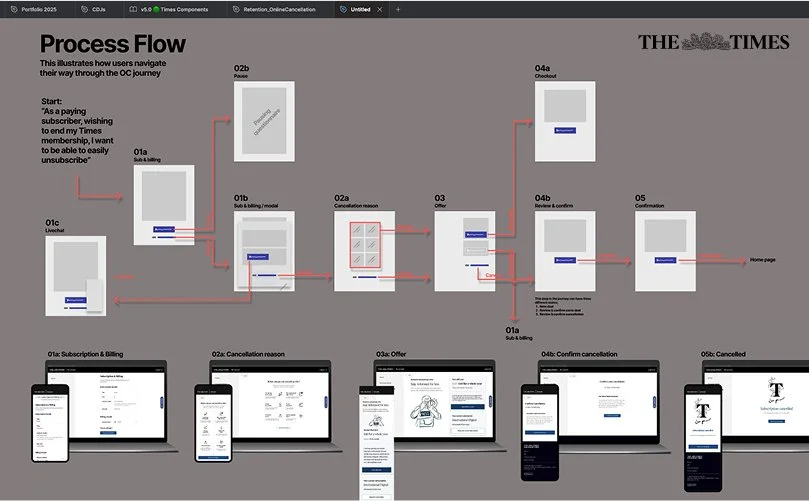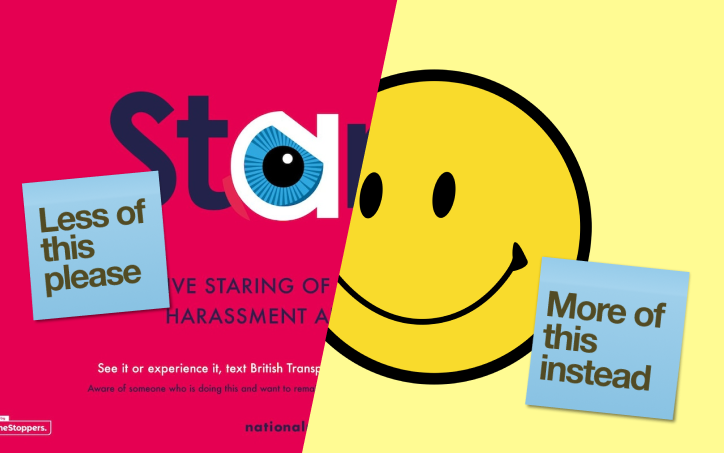
The paradox of unsubscribing
How do you balance design ethics with business interests in an unsubscribe process? Upcoming changes to the UK’s Digital Markets, Competition and Consumers Act (DMCC) require businesses to offer an unsubscribe journey that is as simple as the sign up process. In preparation, The Times needed a web-based journey for their readers to cancel subscriptions. The process needed to comply with regulations whilst minimising exposure to risk of revenue loss. The paper instructed Rory Watts with designing a process that was compliant, usable, data-driven and ethical to help protect the business, gather insights into customer experience and keep users happy.

The missing connection in remote working
Virtual meetings demand a significantly larger quantity of cognitive effort on the human brain, making us very tired after a traditional day of work.

Why less engagement is a good thing
Effort-reward decision-making is where individuals weigh the value of a reward against the mental or physical effort required to obtain it. This often leads to a choice for the best "utility". The brain uses specific areas and signals, like dopamine, to guide these choices, with higher rewards and lower efforts being particularly favoured. This complex process, which can involve different stages of choice and action execution, influences everything from daily tasks to complex motor behaviorOur world is saturated with technology. So much so that we spend the majority of our time looking and poking at visual representations of it on a screen, This is not what we wanted technology to do; we wanted it to free us of tasks so that we could enjoy living.
